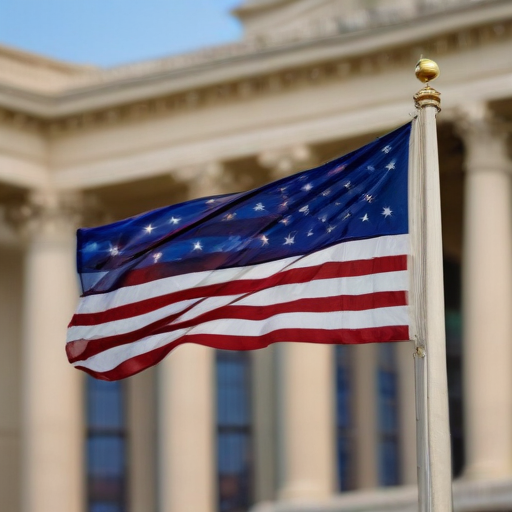Presidents’ Day in the United States is a significant holiday that honors the leaders who have guided the nation throughout its history. This year, the celebration will take place on Monday, February 17, with federal offices closed for the day. Nonetheless, it’s important to note that attendance is not obligatory for all employees across all sectors.
The origins of Presidents’ Day can be traced back to February 22, 1800, marking the death of President George Washington. This day was initially dedicated solely to commemorating the first president of the United States. However, it wasn’t until the 1870s that it was officially recognized as a federal holiday when President Rutherford B. Hayes enacted legislation to solidify its status.
In the decades following, the celebrations expanded to include the birthdays of other notable presidents, such as Abraham Lincoln, which led to increased absenteeism among federal employees who took time off to celebrate. To address this, the Uniform Monday Holiday Act of 1960 was established, consolidating various presidential birthdays into the Presidents’ Day we recognize today.
Presidents’ Day is primarily a holiday for federal workers, including those in the financial sector and educational institutions. Most non-essential government offices are closed, making it a day off for many. Employees required to work on this day are entitled to either extra pay or time-and-a-half wages, providing a fair compensation for their efforts.
However, it is crucial to mention that not all workers in the private sector are guaranteed the day off, as federal law does not mandate this for private employers. The decision to observe Presidents’ Day varies, leaving it to individual companies to determine their holiday policies.
As Presidents’ Day approaches, it’s a moment for Americans to reflect on their favorite presidents or those who have notably contributed to the nation’s legacy. Whether recalling George Washington’s leadership during the founding of the country or honoring modern presidents for their impact, this holiday provides an opportunity for citizens to appreciate the rich history of U.S. leadership.
This celebration reminds us of the collective journey of the nation and is an invitation for individuals to engage with history, recognizing the significant decisions and sacrifices made by past leaders.
